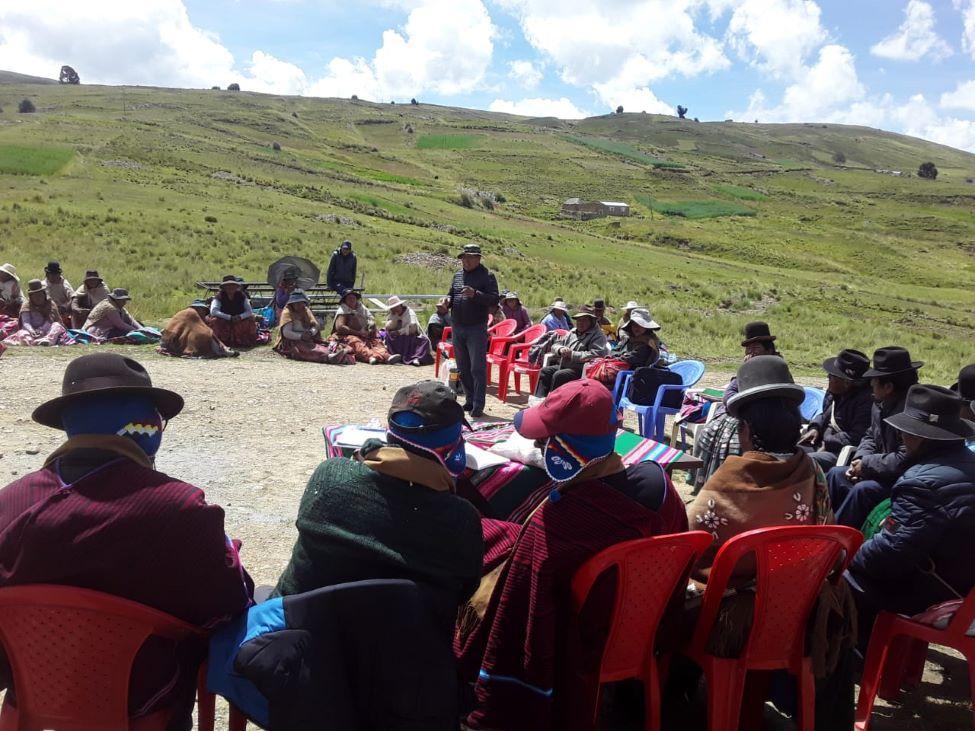Scaling Agroecology in India, Bolivia and Burkina Faso (SCALAGRO)
Background
Agroecology is seen as a promising approach to overcome the many productive, economic, social, and environmental challenges of the dominant agricultural model, and move towards more resilient and sustainable food systems. Agroecology has proven to be viable alternative to conventional food system in many locations. Given the multiple benefits inherent to agroecology (AE), the question arises why it is not more widely adopted and under which conditions it can be successfully upscaled. Empirical literature shows that external support is crucial to the expansion of agroecology at the scale of communities, clusters of communities or larger territories.
Aims
The project seeks to test and assess support schemes to scale up agroecology in India, Bolivia and Burkina Faso. The specific aims we seek to achieve during the lifetime of the project are (i) to embolden local decision-makers to put in place policies that support agroecology, (ii) to engage more producers into agroecological farming practices, (iii) to engage more traders and processors to better link producers and consumers of agroecology-grown food and (iv) to increase the awareness of consumers on the benefits of agroecology-grown food.
Relevance
The project will provide key insights for future support programs and policy, firstly to take a systemic approach of agroecology. By demonstrating how support schemes can contribute to foster agroecological transitions, the project will provide decision-makers and practitioners with enhanced capacity to design and implement support schemes that are better tailored to various categories of producers and agroecological transition stages. Testing solutions will provide not only knowledge but also methodological tools to practitioners for adapting, testing and implementing support schemes in other contexts. The project will facilitate and allow peer-learning across grassroot organisations and populations, contributing to enhance interaction between communities, government and practitioners organisations.

